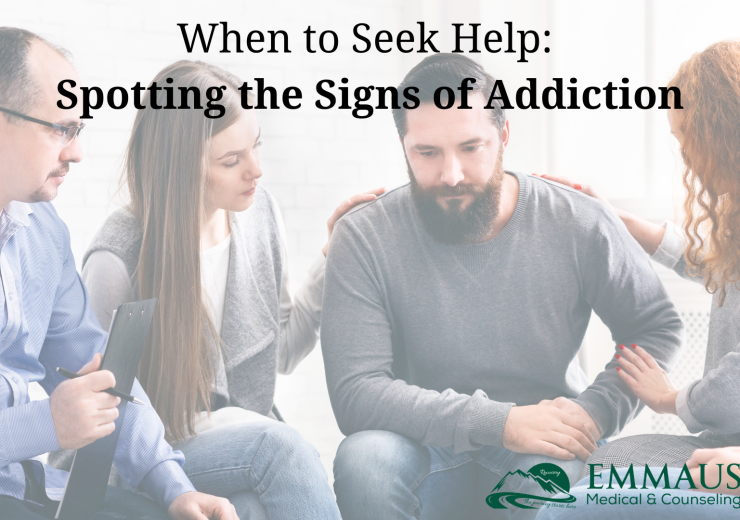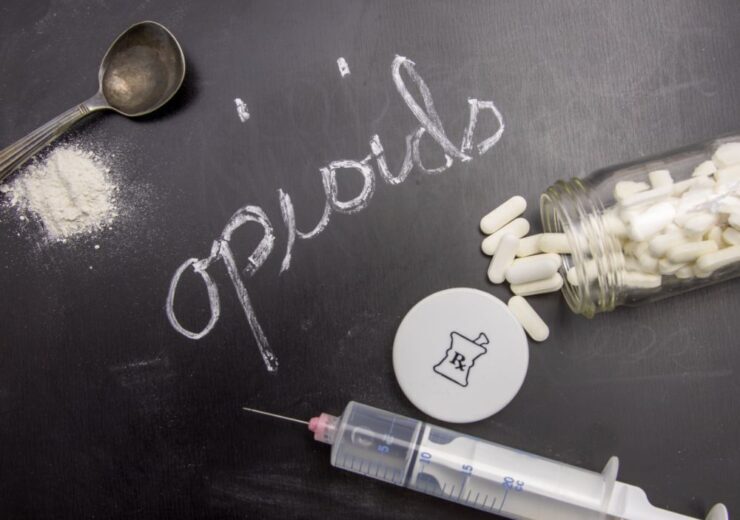Opioid Withdrawal and Medication-Assisted Treatment: A Comprehensive Guide
Understanding Opioid Withdrawal
Opioid withdrawal occurs when a person who is dependent on opioids suddenly reduces or stops using the drug. Dependence develops as the body becomes accustomed to the presence of opioids, and when they are no longer available, the body struggles to adjust, leading to withdrawal symptoms. The severity and duration of withdrawal can vary depending on factors such as the type of opioid used, the length of time it was used, and the individual’s overall health.
Common Symptoms of Opioid Withdrawal
Opioid withdrawal symptoms can range from mild to severe and typically include both physical and psychological effects. Common symptoms include:
- Physical Symptoms:
- Muscle aches and pains
- Sweating
- Nausea and vomiting
- Diarrhea
- Insomnia
- Chills and goosebumps
- Increased heart rate and blood pressure
- Psychological Symptoms:
- Anxiety
- Irritability
- Depression
- Intense cravings for opioids
- Restlessness
- Difficulty concentrating
Withdrawal symptoms usually begin within a few hours to a day after the last dose of opioids and can last for several days to weeks. The most intense symptoms, often referred to as “acute withdrawal,” typically peak within 48 to 72 hours.
The Role of Medication-Assisted Treatment in Opioid Withdrawal
Medication-assisted treatment (MAT) is a highly effective approach to managing opioid withdrawal and supporting long-term recovery. MAT involves the use of FDA-approved medications in combination with counseling and behavioral therapies. These medications work by stabilizing brain chemistry, reducing cravings, and alleviating withdrawal symptoms, allowing individuals to focus on their recovery without the overwhelming discomfort of withdrawal.
Key Medications Used in MAT
Several medications are commonly used in MAT to manage opioid withdrawal and support recovery. Each of these medications works differently, and the choice of medication depends on the individual’s specific needs and circumstances.
- Buprenorphine: Buprenorphine is a partial opioid agonist, meaning it binds to the same receptors in the brain as opioids but with less intensity. This helps to reduce withdrawal symptoms and cravings without producing the same euphoric effects as opioids. Buprenorphine is often prescribed as part of a combination medication called Suboxone, which also contains naloxone to prevent misuse.
- Methadone: Methadone is a long-acting opioid agonist that helps to reduce withdrawal symptoms and cravings by activating the same receptors in the brain as other opioids but in a controlled and regulated manner. Methadone is typically administered in a clinical setting and is particularly effective for individuals with severe opioid dependence.
- Naltrexone: Naltrexone is an opioid antagonist, meaning it blocks the effects of opioids on the brain. Unlike buprenorphine and methadone, naltrexone does not reduce withdrawal symptoms but is used to prevent relapse by eliminating the euphoric effects of opioids. It is typically used after the individual has completed the withdrawal process.
Benefits of MAT in Opioid Withdrawal and Recovery
The use of MAT offers several key benefits for individuals undergoing opioid withdrawal and seeking to achieve long-term recovery:
1. Reduction of Withdrawal Symptoms
One of the primary benefits of MAT is the reduction of withdrawal symptoms, making the detoxification process more manageable. Medications like buprenorphine and methadone help ease the physical discomfort associated with withdrawal, allowing individuals to focus on their recovery without the overwhelming urge to return to opioid use.
2. Decrease in Cravings
Cravings are one of the most challenging aspects of opioid withdrawal and are a major cause of relapse. MAT helps to reduce cravings by stabilizing brain chemistry, making it easier for individuals to resist the urge to use opioids and stay committed to their recovery goals.
3. Support for Long-Term Recovery
MAT is not just about managing withdrawal; it is also about supporting long-term recovery. By reducing the risk of relapse and providing ongoing support through counseling and behavioral therapies, MAT helps individuals build a solid foundation for a drug-free life. The combination of medication and therapy addresses both the physical and psychological aspects of addiction, increasing the chances of successful, sustained recovery.
4. Improved Quality of Life
Individuals who undergo MAT often experience significant improvements in their overall quality of life. With reduced cravings and withdrawal symptoms, they are better able to engage in daily activities, maintain employment, and rebuild relationships. MAT also supports mental health, helping to alleviate symptoms of anxiety and depression that often accompany addiction.
The Importance of Counseling and Behavioral Therapies in MAT
While medications play a crucial role in managing withdrawal symptoms and cravings, counseling and behavioral therapies are equally important components of MAT. These therapies address the underlying psychological and behavioral issues that contribute to addiction, helping individuals develop the skills and strategies needed to maintain long-term recovery.
Types of Counseling and Behavioral Therapies
- Cognitive Behavioral Therapy (CBT): CBT is a widely used therapy that helps individuals identify and change negative thought patterns and behaviors related to their addiction. Through CBT, individuals learn coping strategies to deal with stress, triggers, and cravings.
- Contingency Management: Contingency management involves providing incentives or rewards for positive behaviors, such as attending therapy sessions or maintaining sobriety. This approach helps to reinforce healthy behaviors and increase motivation for recovery.
- Motivational Interviewing: Motivational interviewing is a therapeutic approach that helps individuals explore and resolve their ambivalence about change. It is particularly effective for individuals who may be hesitant or uncertain about their recovery journey.
- Group Therapy: Group therapy offers a supportive environment where individuals can share their experiences, challenges, and successes with others who are facing similar struggles. This sense of community can be incredibly empowering, providing individuals with the encouragement and accountability they need to stay on track.
- Family Therapy: Addiction doesn’t just affect the individual—it impacts the entire family. Family therapy involves the participation of family members in the recovery process, helping to heal relationships and build a supportive home environment that fosters recovery.
-
Emmaus Medical & Counseling: Your Partner in Recovery
At Emmaus Medical & Counseling, we understand the complexities of opioid addiction and the challenges of withdrawal. Our comprehensive MAT program is designed to provide the medical and therapeutic support needed for a successful recovery journey. We offer individualized treatment plans that combine evidence-based medications with counseling and behavioral therapies, ensuring that each patient receives the care they need to achieve lasting recovery.
Why Choose Emmaus Medical & Counseling?
- Expert Care: Our team of experienced medical professionals and licensed counselors is dedicated to providing compassionate, high-quality care. We stay up-to-date with the latest advancements in addiction treatment to offer the best possible outcomes for our patients.
- Comprehensive Services: From initial assessment to ongoing support, we offer a full range of services to meet the needs of individuals at every stage of their recovery journey. Whether you are just beginning to seek help or have been in recovery for some time, we are here to support you.
- Personalized Treatment Plans: We recognize that every individual is unique, and so is their recovery journey. Our personalized treatment plans are tailored to address the specific needs and goals of each patient, ensuring that they receive the most effective care.
- Supportive Environment: Recovery is a challenging process, but you don’t have to go through it alone. At Emmaus Medical & Counseling, we create a supportive and welcoming environment where patients feel safe, respected, and empowered to take control of their recovery.
Conclusion
Opioid withdrawal is a difficult and often overwhelming experience, but with the right support, it is possible to overcome addiction and achieve lasting recovery. Medication-assisted treatment (MAT) offers a proven approach to managing withdrawal symptoms and supporting long-term sobriety. By combining FDA-approved medications with counseling and behavioral therapies, MAT provides a comprehensive solution that addresses both the physical and psychological aspects of addiction.
At Emmaus Medical & Counseling, we are committed to helping individuals on their journey to recovery. Our expert team, comprehensive services, and personalized treatment plans ensure that each patient receives the care they need to overcome opioid addiction and build a healthier, happier future. If you or a loved one is struggling with opioid addiction, we are here to help. Reach out to Emmaus Medical & Counseling today to learn more about our MAT program and take the first step toward recovery.














